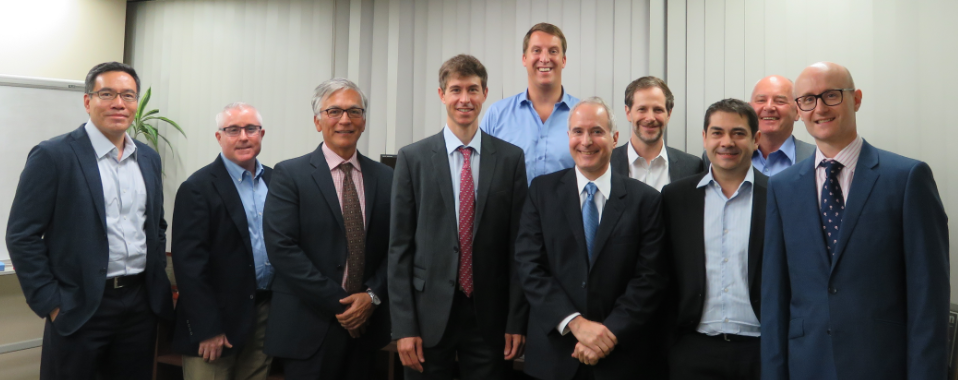Japan’s GDP per hours worked only amounts to just above 60 percent of the level in the US. In a rapidly ageing society, such a situation is no longer tenable. When the employment to population ratio declines, productivity needs to increase in order to preserve the level of welfare.
Compared to other nations, Japan’s adult population is highly educated. Investment in research and development is also among the highest and corporations have access to an abundant amount of financial capital. The low level of productivity can therefore not be explained by lack of skills, technology or capital. Rather, the available resources are simply not employed in the best possible way.
The deficiencies are being acknowledged by the Japanese government, which is pushing for a “productivity revolution”. Besides the classic approach of promoting new technologies and the recent support for start-ups also undertaken in other countries, the emphasis is on corporate governance reform, more flexible labour markets and a change in working practices (hataraki-kata kaikaku, 働き方改革).


